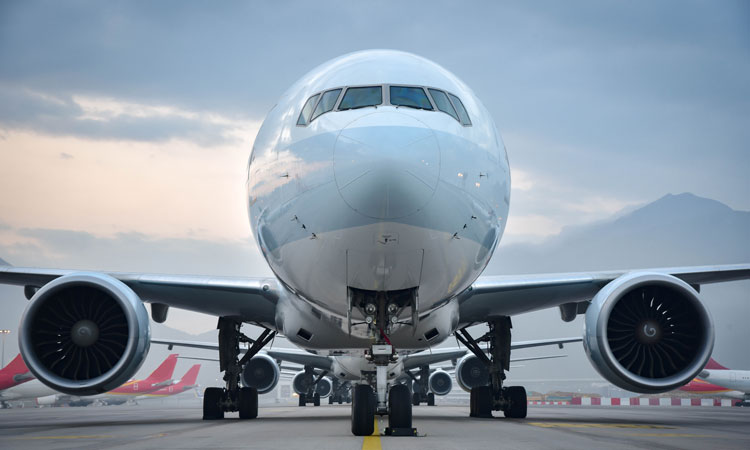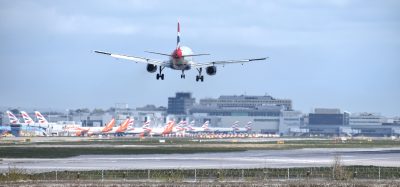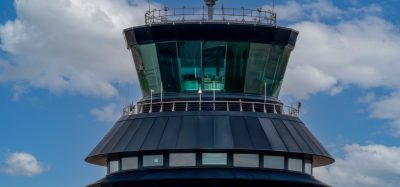European Business Aviation Association welcomes delay for ADS-B compliance
- Like
- Digg
- Del
- Tumblr
- VKontakte
- Buffer
- Love This
- Odnoklassniki
- Meneame
- Blogger
- Amazon
- Yahoo Mail
- Gmail
- AOL
- Newsvine
- HackerNews
- Evernote
- MySpace
- Mail.ru
- Viadeo
- Line
- Comments
- Yummly
- SMS
- Viber
- Telegram
- Subscribe
- Skype
- Facebook Messenger
- Kakao
- LiveJournal
- Yammer
- Edgar
- Fintel
- Mix
- Instapaper
- Copy Link
Posted: 6 May 2020 | International Airport Review | No comments yet
The European Commission (EC) is extending the deadline for ADS-B equipage in new aircraft by six months, to 7 December 2020.


The European Business Aviation Association (EBAA) has welcomed the decision by the European Commission (EC) to extend the deadline for ADS-B compliance by six months for business aviation operators.
The deadline for ADS-B equipage in new aircraft is now 7 December 2020, due to the impact of COVID-19 on aircraft operators.
“The outbreak of the COVID-19 virus and the resulting impact on the aviation sector has led to unforeseeable obstacles for aircraft operators to pursue their activities to bring the aircraft in compliance with the ADS-B mandate,” said the EC.
Additional flexibility has also been offered by the EC with regards to the transition arrangements, as well as the exemption for aircraft that will stop operations before 31 October 2025. The adapted regulation says that operators of aircraft made before 7 December 2020 will have until 7 June 2023 to comply with the ADS-B equipage mandate, if they have established a retrofit compliance programme before 7 December and the operator has not received funds from the European Union to bring the aircraft to ADS-B compliance.
EBAA Secretary-General, Athar Husain Khan, said: “EBAA has always supported ADS-B surveillance technology, and while some of our members are already compliant, there are some who will have difficulties meeting requirements in the crisis.
“On behalf of the European Business Aviation community, I would like to thank the European Commission for its flexibility in these difficult times. The extra time will go a long way in easing some of the burdens on operators and help the business aviation sector continue to play its vital role in the fight against COVID-19 and the post-crisis European recovery.”
Many operators specialised in medical and emergency flights are currently providing essential services to communities fighting the pandemic, including for the transport of health workers. But all other medical emergencies have not stopped, and are being handled by business aviation operators despite numerous operational challenges and travel restrictions. Along with medical and emergency flights, the business aviation sector also provides cargo flights, ensuring the worldwide transport and delivery of critical medical supplies.
“ADS-B surveillance technology makes it possible to periodically broadcast aircraft information, such as identity, speed or position, derived from on-board systems, thus enabling the aircraft to be tracked from the ground for surveillance purposes. This technology modernises ground surveillance systems, with the potential to rationalise the European radar network,” the EC said.
Moving forward, further work is necessary to implement ADS-B technology infrastructure on the ground, as well as making affordable solutions available for general aviation aircraft and adapted to safety standards. In the long term, ADS-B requirements should address the needs of all airspace users and ensure harmonised compliance.
Related topics
Air traffic control/management (ATC/ATM), Aircraft, COVID-19, Regulation and Legislation, Safety
Related organisations
European Business Aviation Association (EBAA), European Commission (EC)


















